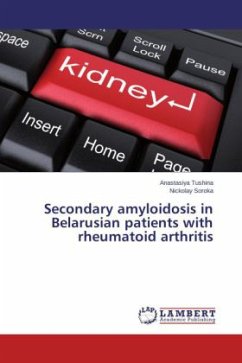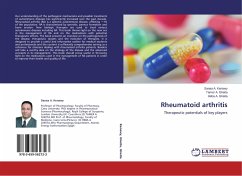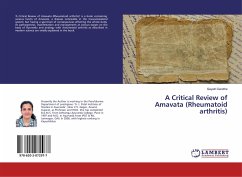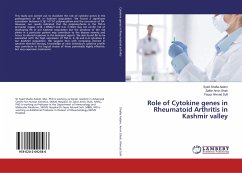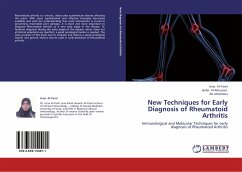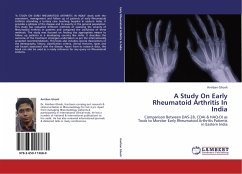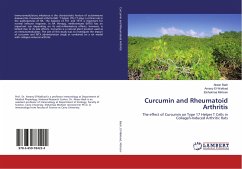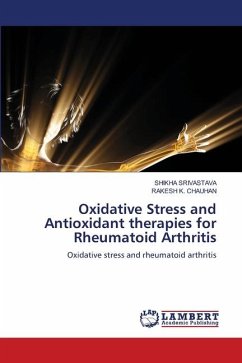The presented work is dedicated to the problem of secondary amyloidosis which still remains uncertain. Authors investigated the role of SAA1 gene polymorphism in Belarusian patients (Caucasians) with rheumatoid arthritis. Moreover, they suggested completely novel idea concerning the possible role of Chlamydia trachomatis infection as a risk factor of secondary amyloidosis. Obtained results allowed working out the prognostic statistical model for secondary amyloidosis risk assessment. It gives an opportunity to choose the best treatment strategy and monitoring scheme in patients with high risk of secondary amyloidosis.
Bitte wählen Sie Ihr Anliegen aus.
Rechnungen
Retourenschein anfordern
Bestellstatus
Storno

